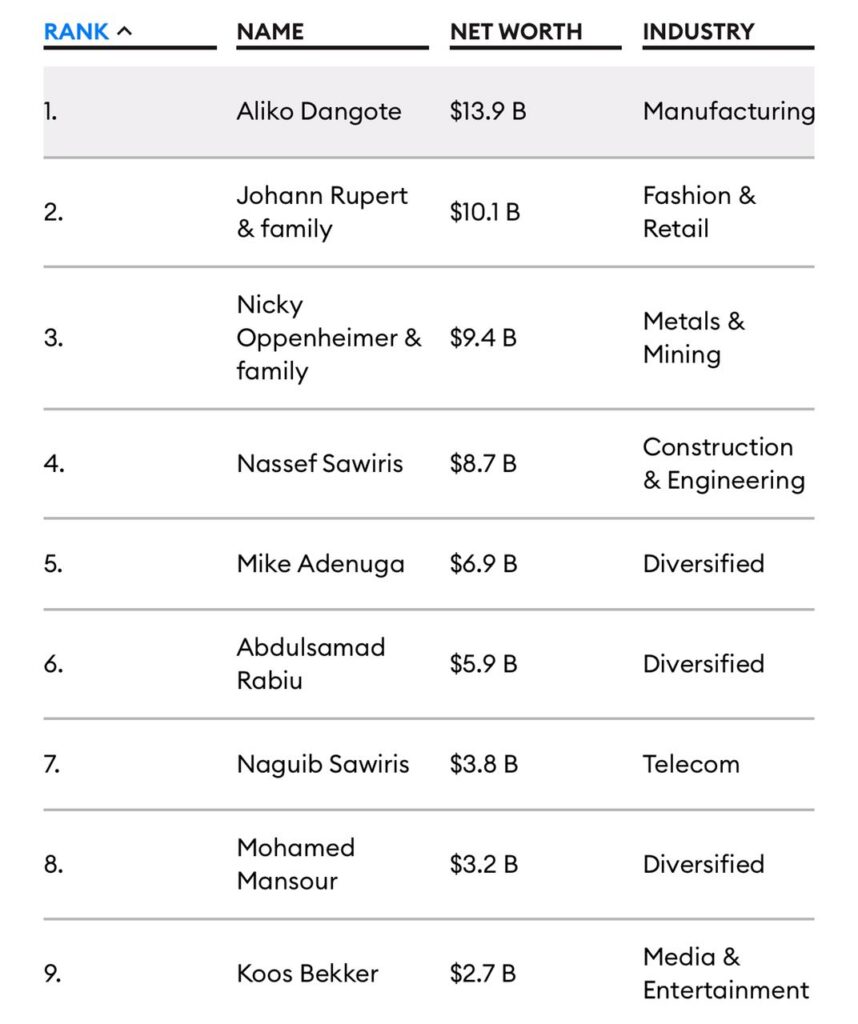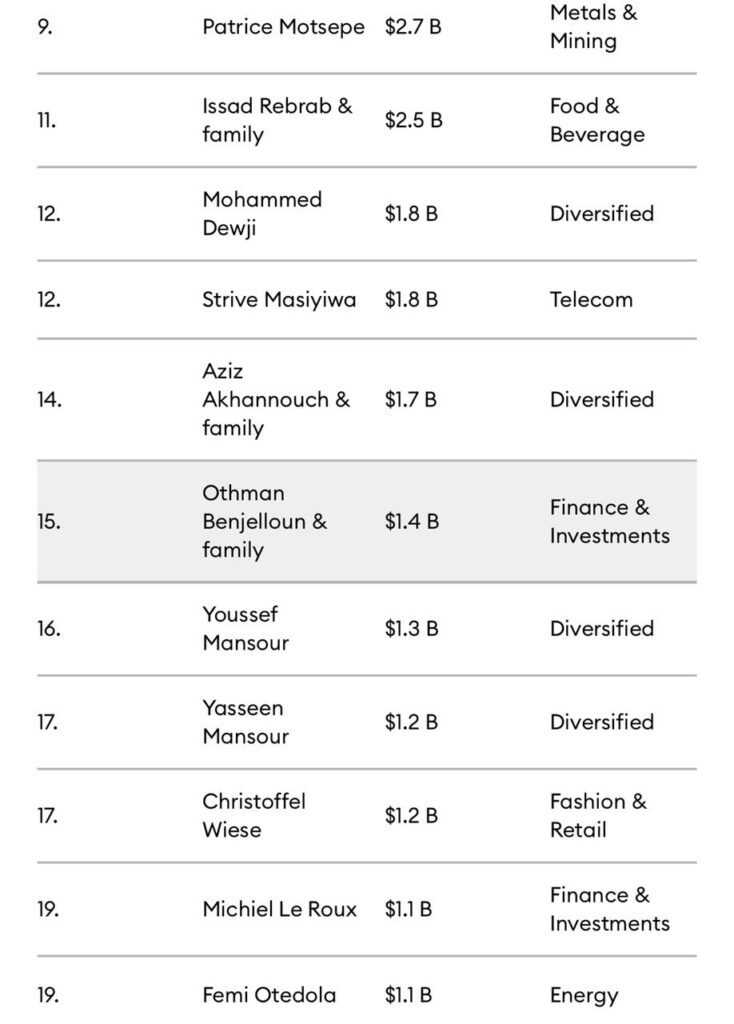In the realm of Africa’s wealthiest individuals, the past 12 months have witnessed a modest rebound in fortunes, marking a reversal from the preceding year’s decline. The 2024 Forbes list of Africa’s Richest showcases a collective net worth of $82.4 billion for its 20 billionaires. This, reflecting a $900 million increase from the previous year’s $81.5 billion. Now, let’s get into the Femi Otedola return to the big B list.
Femi Otedola
Notably contributing to this uptick is the resurgence of Nigeria’s Femi Otedola, absent from the Forbes Africa list since 2017. Otedola, who divested from oil investments during a government-led privatization of Nigeria’s energy sector in 2013, now holds a 73% stake in Geregu, a power generation plant, valued at over $850 million. This constitutes a significant portion of his $1.1 billion fortune, securing him the 20th position on the list.

Despite Otedola’s comeback, the continent’s billionaires experienced a slight dip. Although they fared better than the 4% decline observed the previous year. The 2023 turbulence in African equities, driven by weakening currencies, tax increases, and political instability, created a challenging environment for foreign investors.
Aliko Dangote
Against this backdrop, entrenched family fortunes and those with government ties continue to dominate Africa’s richest ranks. Aliko Dangote from Nigeria maintains the top spot for the 13th consecutive year, with a fortune of $13.9 billion, despite political uncertainties and the devaluation of the naira in 2023. South Africa’s Johann Rupert and Nicky Oppenheimer secure the second and third positions, with fortunes of $10.1 billion and $9.4 billion, respectively.

The list also highlights winners and losers, with notable gains for Christoffel Wiese, holding the 18th rank with a $1.2 billion net worth, and significant losses for Algerian magnate Issad Rebrab, whose net worth plummeted to $2.5 billion due to legal restrictions on his conglomerate.
South Africa claims six spots on the ranking, Egypt follows with five, and Nigeria with four. Other countries like Algeria, Tanzania, Zimbabwe (1 each) and Morocco (2) have representation as well. The evaluation, based on stock prices and currency exchange rates as of January 8, 2024, sheds light on the challenges and dynamics influencing the fortunes of Africa’s billionaires.
